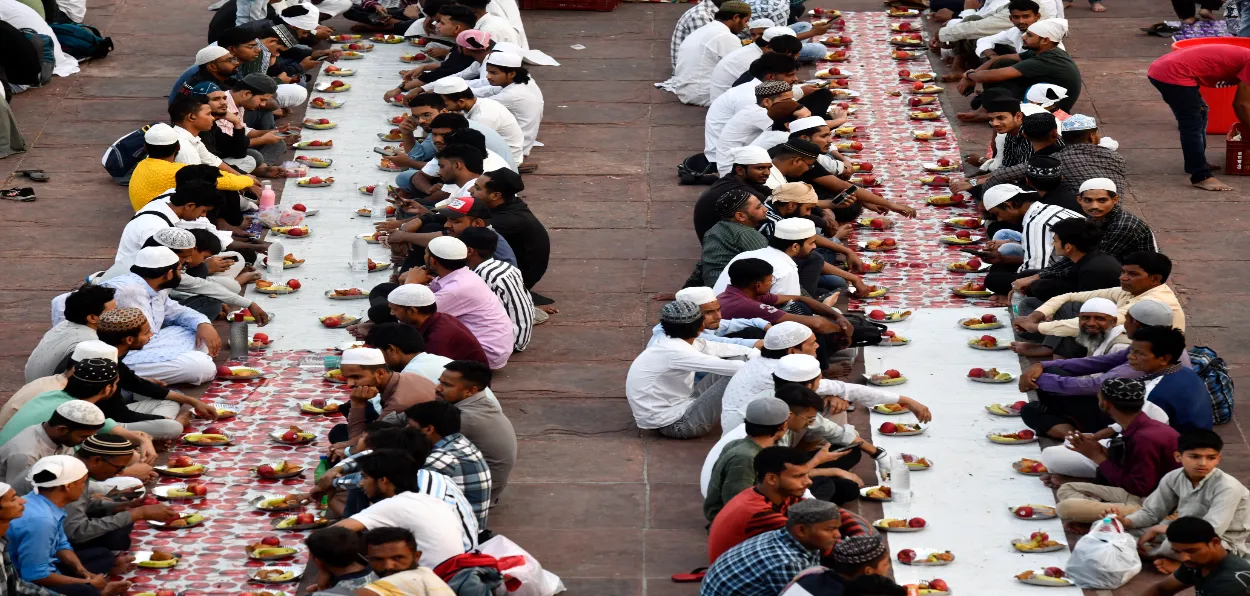
Eman Sakina
Poverty, hunger, and starvation are some of the most widespread and dangerous problems of humanity. There is nothing more horrifying than the realization that while we live our happy lives here, millions of our fellow human beings live in hunger and face starvation.
Friday Musings
The majority of the world population today lives in poverty. The Prophet said, “The best charity is which is practiced by a wealthy person. And start giving first to your dependents." [Sahih Al-Bukhari] Volume 2, Book 24, Number 507.
Islam promotes a strong sense of social responsibility, emphasizing the importance of helping the less fortunate. Various teachings in the Quran and Hadith highlight the duty of Muslims to support the poor and needy. Here are some key Islamic ways to help the poor:
Zakat (Obligatory Charity)
Zakat is one of the five pillars of Islam and is an obligatory form of charity. Every eligible Muslim is required to give 2.5% of their savings annually to those in need. This system ensures wealth distribution and reduces economic inequality. Zakat can be used for the poor, debt-ridden individuals, stranded travelers, and other deserving people as mentioned in the Quran (9:60).
Sadaqah (Voluntary Charity)
Sadaqah is a voluntary act of charity that goes beyond Zakat. It can be given in the form of money, food, clothing, or even acts of kindness. The Prophet Muhammad (peace be upon him) said, "A charity is due for every joint in each person on every day the sun comes up" (Sahih al-Bukhari). This encourages continuous generosity to uplift the poor.
Waqf (Endowment for Public Welfare)
A waqf is a charitable endowment in which wealth or property is dedicated to serving the public, such as funding schools, hospitals, orphanages, and mosques. This long-term initiative ensures sustainable support for the poor, enabling them to improve their quality of life.
Feeding the Hungry
Islam highly emphasizes feeding the hungry. The Quran states, "And they give food, despite the love for it, to the needy, the orphan, and the captive." (76:8). Providing meals to the poor, especially during times of hardship, is considered a great act of worship.
Providing Employment and Skills Training
Instead of only offering financial aid, Islam encourages helping people become self-sufficient. Supporting skill development, education, and employment opportunities ensures long-term stability for the poor and empowers them to support themselves and their families.
Supporting Orphans and Widows
The Prophet Muhammad said, "The one who cares for an orphan and myself will be together in Paradise like this"—and he held his two fingers together (Sahih al-Bukhari). Supporting orphans and widows financially and emotionally is a rewarding deed in Islam.
Debt Relief
Islam encourages helping those in debt. The Quran states, "And if someone is in hardship, then let there be postponement until a time of ease. But if you give from your wealth as charity, it is better for you, if only you knew" (2:280). Relieving debt reduces financial burdens and allows people to regain stability.
Kindness and Advocacy
Helping others is not only about providing financial assistance but also treating them with dignity and respect. Islam encourages advocacy for the rights of the poor and standing against injustices that contribute to poverty.
